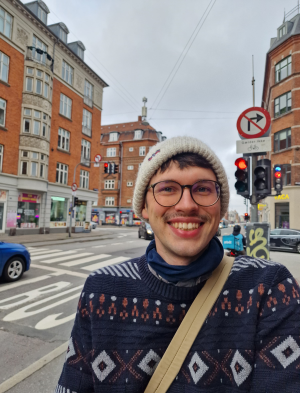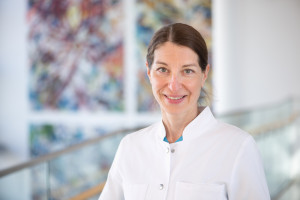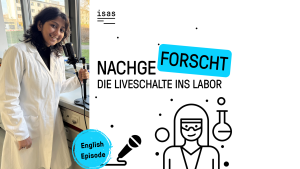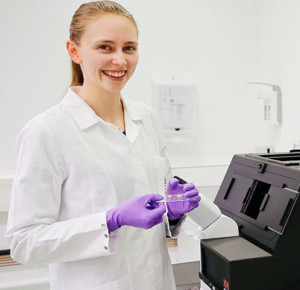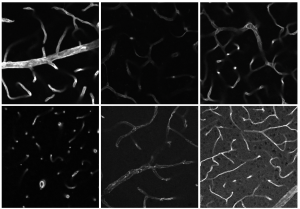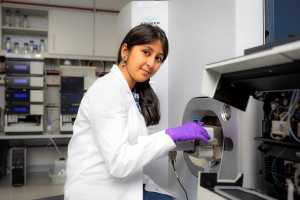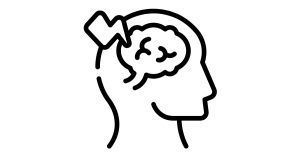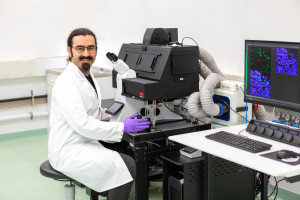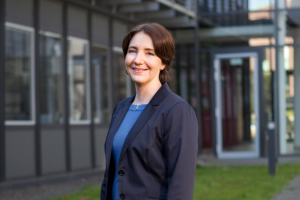Dortmund, 19th June 2024

Marcos Nadales Neira is supporting the Bioanalytics Technical Service during his internship at ISAS. He has already been helping with sample preparation in the laboratory. The photo was taken after the 18-year-old had filled in the completion form.
For Marcos Nadales Neira (18), a trainee laboratory technician in Zaragoza, Spain, one thing was clear early on during his training: before deciding on a degree programme after his traineeship, he first wanted to gain practical experience – preferably abroad. His passion for chemistry and biology finally led him to ISAS at the end of May this year. Here he will spend four weeks looking over the shoulders of the biological technical assistants. To get an insight into his internship, the editorial team asked Marcos to complete the following sentences.
-
At ISAS I...
am usually shadowing the work in the laboratory as part of the Technical Service Bioanalytics team. I am learning a lot of new things here, for example how the synthesis of proteins works. My colleagues have introduced me to many procedures on the mass spectrometers. Soon I will also have the chance to help with sample preparation.
-
I found ISAS...
because my teacher supported me in my search for an internship. It was clear to me from the start that I would like to work in a research institution abroad to get to know other workplace cultures and people. ISAS fits in very well with my interest in natural sciences. I was already fascinated by chemistry in school.
-
After my internship...
I would like to enrol at a university. Especially pathological anatomy and microbiology fascinate me. But I can also imagine studying chemistry. I hope that my time at ISAS will help me to decide on a particular field of study.
